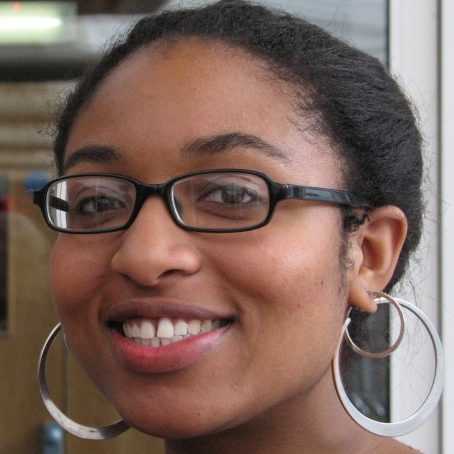Why Students Should Learn Global Citizenship, Especially if they Learn Online

Five years ago, GlobeScan and the British Broadcasting Company (BBC) surveyed more than 20,000 people from 18 countries. A whopping fifty-one percent said they saw themselves more as global citizens than citizens of the country they live in. As one of my excellent students pointed out, a global citizen is someone who cares about others: other people, places, and animals. If you did see yourself as a citizen of the world five years ago, I’d be hard-pressed to believe you couldn’t see yourself as one now. As a world, we are battling COVID 19, floods, wildfires, and internal conflict within nations. Global citizenship education is an educational framework that can help our children prepare to navigate these issues. And it is perfect for FGA’s one-to-one online teaching.
What is Global Citizenship Education?
Global citizenship education is education for the head, heart, and hand. According to the United Nations, it asks young people to promote and foster peace, tolerance, equity, and safety in societies worldwide. To do this, it builds cognitive (knowledge), social-emotional (values, attitudes), and behavioral (performance, application, engagement) skills.
On a cognitive level, global citizenship education is not discipline-specific but can ask educators to inform students of international issues and dynamics.
- Math – Students can learn about the country of origin for a mathematical concept.
- English Language Arts – Students can learn about the (history, culture, political system, etc.) of an author’s country of origin.
- Science – Students can investigate pollution across the planet.
On the social-emotional level, global citizenship education asks students to become aware of inequity and inequality and offers students an opportunity to reflect on what they value.
- English Language Arts – Students can compare the countries of origin for different authors and make conclusions about the impact of their cultural experiences on the text.
- Science- Students can compare pollution levels in different parts of the world and make conclusions about the reasons for their comparisons.
On the behavioral level, students apply the cognitive and social-emotions skills they developed to projects, presentations, or essays with real-world application.
- Math – Students can try to use the mathematical concept to address a real-world problem.
- English Language Arts – Students can write an essay discussing how their cultural experience impact their lives.
- Science – Students can create a website that shows the different levels of pollution worldwide with access to organizations that are trying to address the issue in each country.
A global citizenship educational framework adds to any classroom or discipline.
Global Citizenship Education at Fusion Global Academy
Global citizenship education pairs perfectly with online, one-to-one learning at Fusion Global Academy.
- It supports the “head” part of global citizenship education.
- The technology we use lets students replay content. It gives them access to experts, so they can learn about global dynamics and issues.
- The one-to-one model allows for rich student-teacher collaboration and communication to ensure students’ mastery of the subject matter.
- It supports the “heart” part of global citizenship education.
- The one-to-one model provides students with a safe environment to explore their perspectives, beliefs, and passions. There is less pressure from judgment.
- The one-to-one model provides students with an opportunity to explore issues that they are most passionate about or that impact them most.
Students and parents interested in developing cognitive, emotional, and behavioral skills will find a home at Fusion Global Academy. In addition to connecting with young people from nineteen different countries (Kenya, Switzerland, and the Netherlands are just a few of our new additions), the one-to-one online learning model addresses what students need to learn academically while supporting their interests and ability to be change agents.
As the world is becoming increasingly interconnected, students must develop the skills to live in such a world. This is by no means an exhaustive discussion of global citizenship education, online learning, or one-to-one learning. Still, it offers families and educators an engaging framework from which to teach.

